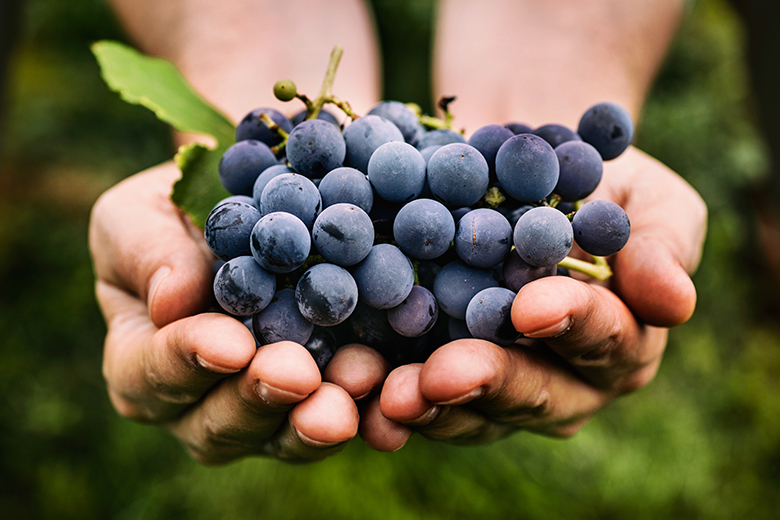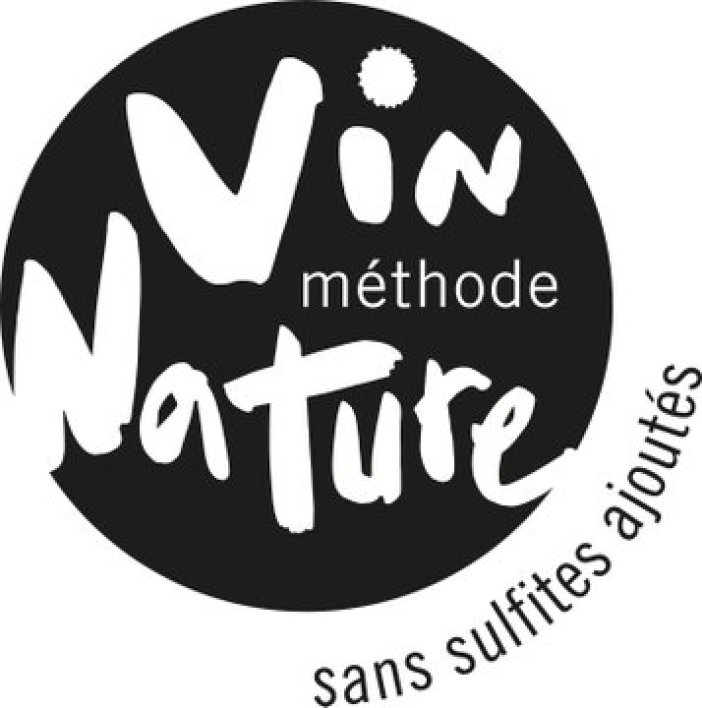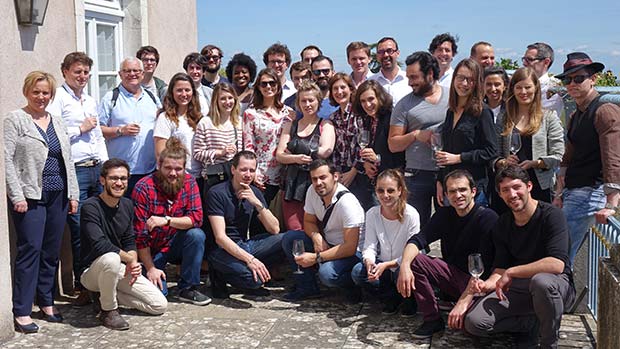
After several years of progression for the natural wine movement without a proper definition or label, an official step has been taken to recognise natural wines, thanks to the work of the Défense des Vins Nature’l union.
For quite a few years now, it has been difficult to avoid the phenomenon of natural wine, put under the spotlight by wine bars, restaurants and the domains themselves. However, until now there has been no legislation to define exactly what is meant by ‘natural’ in order to guarantee such claims, meaning that the term has been somewhat tossed around. This is no longer the case, since a clear definition and an official label have been validated by the fraud services: this is the ‘Vin méthode nature’ label.

It is the Défense des Vins Nature’l union, founded in September 2019 by the Loire wine maker Jacques Carroget, that has put itself at the forefront of this advancement.
What is the code for natural wines?
You probably already have a general idea of what makes a wine natural: these are often cuvées produced organically and vinified without additives. Here, the new label goes further. Its code of regulations stipulates that any domain wishing to carry this label must:
- Be certified organic or be in the process of converting (at least 2nd year of conversion)
- Harvest by hand
- Vinify with indigenous yeasts and without additives
- Not add sulphites before or during fermentation. (Possible adjustment: SO2 < 30 mg/l H2SO4, whatever the colour or type of wine, after fermentation. Any addition of sulphites must be indicated, and will be mentioned on the label).
- Not use harsh physical techniques for the purpose of oenological correction: inverse osmosis, filtering, tangential filtering, flash pasteurisation, thermovinification
- Be accepted by the union after an analysis of the wine and of the domain’s respect for the code.
As you can see, there is a lot more to it than the simple idea of producing without added sulphur – ‘natural’, here, refers to a much broader concept. Indeed, sulphur is allowed only in very small quantities after fermentation has taken place.
As well as the analysis that take place at the beginning, the union will carry out checks each year through a certification organisation.
For the moment, this is a private enterprise and it will undoubtedly take a few years to become a general regulation. Currently, over 50 wine makers have already sought this label, and there will surely be many more to join in the near future. We’re looking forward to tasting the wines that succeed in obtaining the label!



